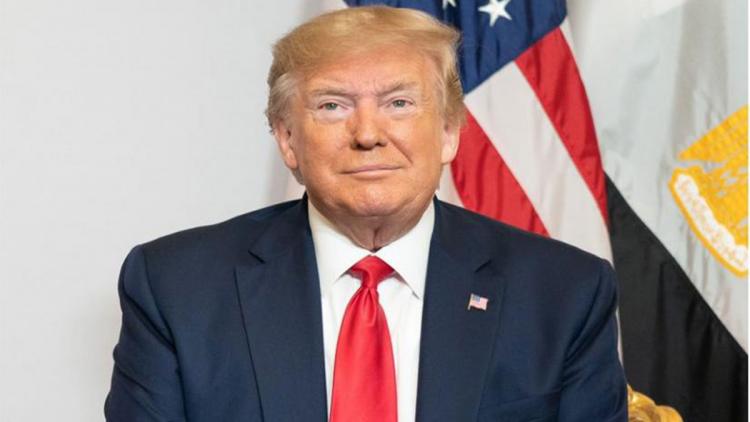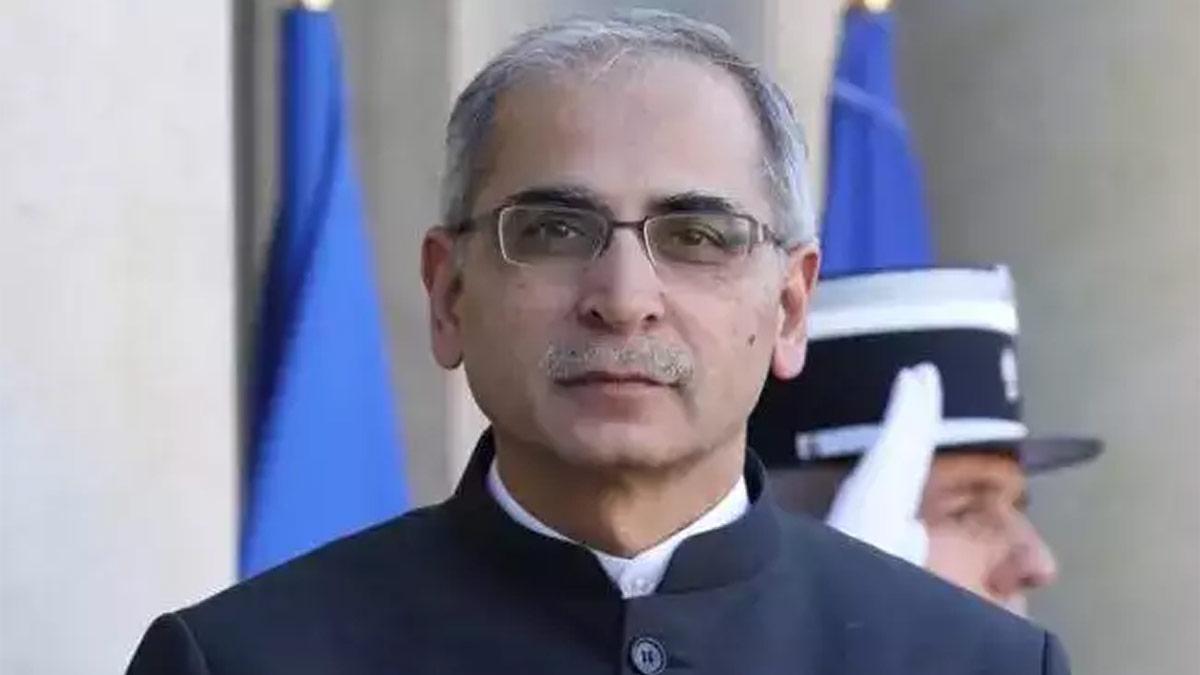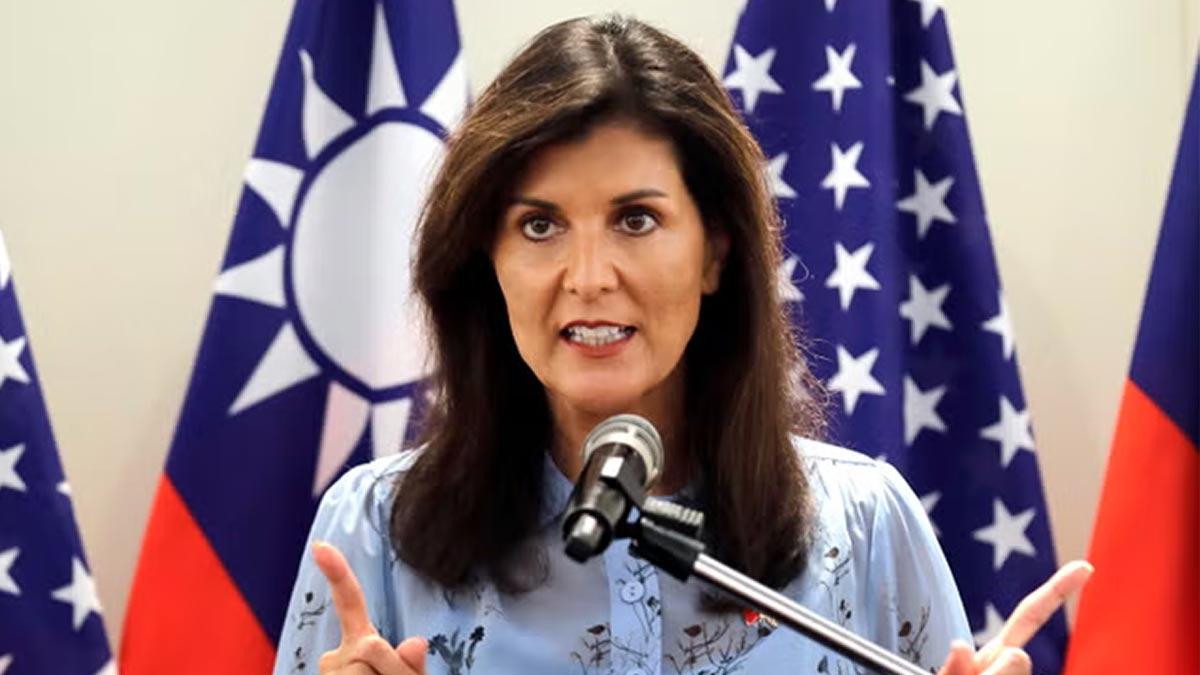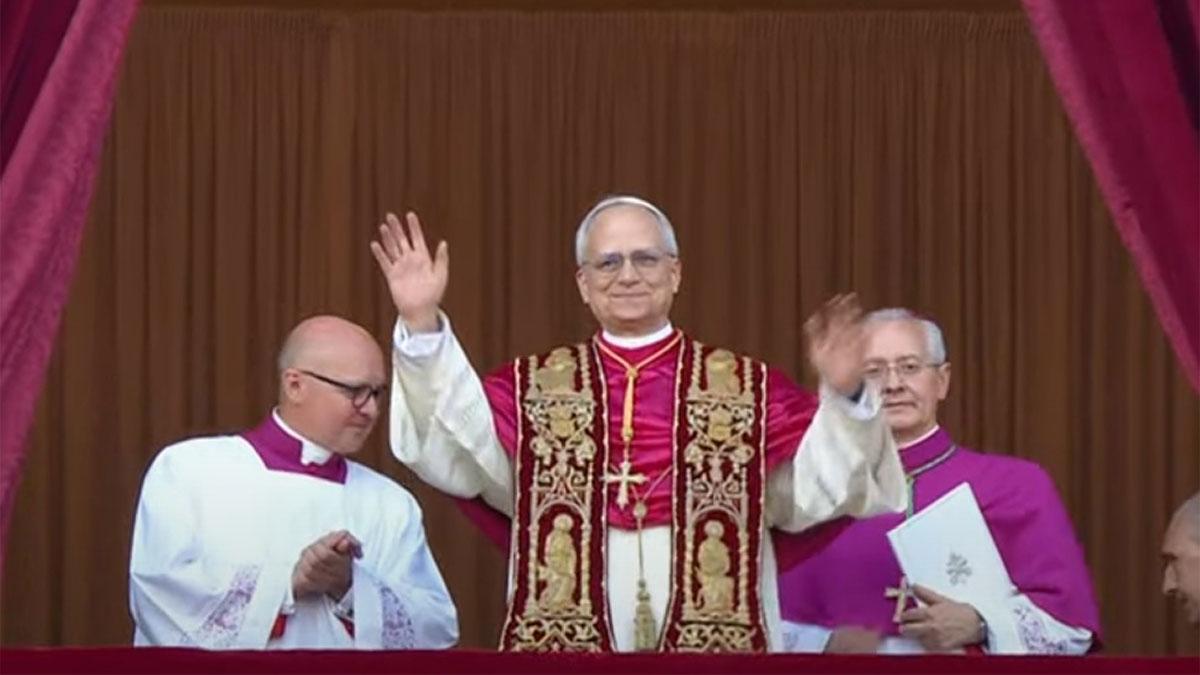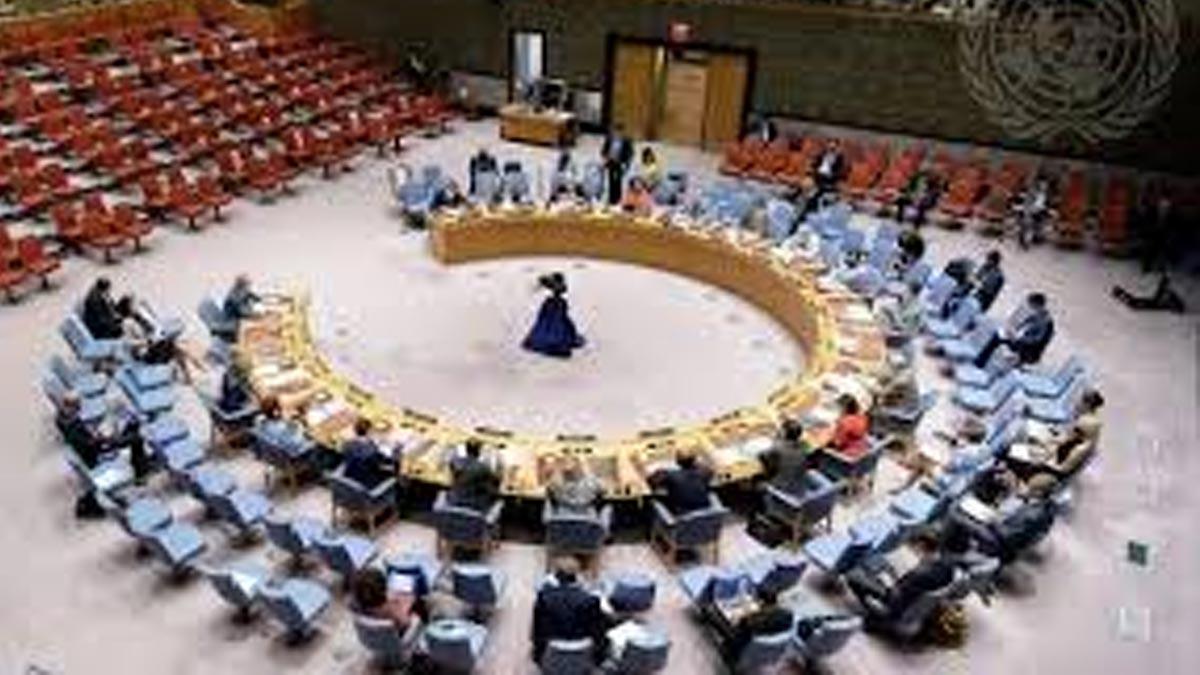GOP Republicans and former President Donald Trump are anxiously awaiting court verdicts on gag orders related to election subversion cases in Washington D.C. and Georgia, as well as a civil fraud trial in New York. These legal battles come at a critical time for Trump as he aims to ramp up his activities ahead of the primaries, particularly the Iowa Caucus and New Hampshire meetings scheduled for the coming month.
Judges in New York, Washington D.C., and Georgia are currently grappling with the delicate balance between free speech rights and the need for a fair trial. The federal gag order being considered by the D.C. Circuit Court of Appeals may set new standards regarding the extent to which defendants, including Trump, can criticize prosecutors, judges, and witnesses in ongoing cases.
Trump and his legal team are invoking the First Amendment to lift the gag order, arguing that it restricts his ability to freely express himself during election campaigns. The outcomes of these court decisions are pivotal for Trump, who, along with his co-defendants, has vociferously claimed innocence and criticized their prosecutions—unusual behavior for criminal defendants before a trial.
The appeals court, comprised of judges appointed by former President Barack Obama and incumbent President Joe Biden, temporarily paused the gag order to allow court hearings to proceed. The rare circumstance of a former President facing criminal charges amplifies the significance of these legal proceedings.
While Trump's legal battles are ostensibly tied to criminal cases, observers note that his actions seem more geared towards influencing public opinion and garnering support from his voter base for the 2024 presidential campaign.
Prosecutors argue that court staff and witnesses need protection from potential threats, citing instances where people mentioned in Trump's social media posts have faced harassment. Trump, on the other hand, contends that he cannot be held responsible for the actions taken by others.
The escalating tensions are evident as threats and harassment, allegedly fueled by Trump's supporters, target court staff and witnesses. These incidents have raised concerns about the safety of individuals involved in the cases.
Amidst the legal complexities, judges in New York, Washington, and Georgia have imposed restrictions on Trump's speech in various ways. The New York judge overseeing Trump's civil fraud trial ordered him not to comment on court staff, resulting in fines for violations. A federal judge in Washington barred Trump from commenting on court staff, prosecutors, or potential witnesses, a decision that is currently under appeal. Additionally, Trump's bond agreement in the Georgia election racketeering case includes restrictions on contact with witnesses and co-defendants.
The legal landscape surrounding Trump's cases is intricate, with the courts balancing the principles of free speech, fair trials, and the protection of those involved. As these cases unfold, they will undoubtedly impact not only Trump's legal standing but also his political trajectory leading up to the 2024 presidential elections.
(With Agency Inputs)
Read also| Legal Setback: Judge Denies Donald Trump's Mistrial Plea Amidst Leaked Tapes Scandal

